- Keshab Prasad Chaulagain
In the middle of preparations for the G-20 meeting, India is in the spotlight for the economic debate as well as the inauguration of the new Parliament building. The inauguration of the building by Prime Minister Narendra Modi was boycotted by 20 opposition parties, who stayed steadfast on the topic of the president's inauguration. The necessity for a new parliament building, the date of the inauguration, and the suitable person to inaugurate could not be maintained as a site of common faith. Although it is about the Indian Parliament building, it is particularly relevant to Nepal's religious sector, political parties, and intellectuals.
Despite the economic hardships and security concerns posed by the Russia-Ukraine war, India is profiting from an autonomous foreign policy by purchasing inexpensive crude oil from Russia. The robust domestic economy appears to be expanding economic and social capabilities. The fact that the majority government is effectively implementing government plans is a positive indicator that the race to become a world power is progressively moving ahead. The unveiling of the new Parliament building demonstrates the enhanced trust that has resulted from this achievement. As Lok Sabha elections are scheduled for 2024, it appears that the controversy over the new parliament building has provided a chance to head the new government.
It took a major effort to transform the Parliament building into a temple, an epicenter of everyone's faith, and to establish it as a center for constructive discussion and judicial outcomes.
Religious and cultural impact: In contrast to the typical construction inauguration ceremony, the foundation of Brahmadanda has begun a historic dynasty tradition. Sengol (Brahmand), which was used during the Chola Empire time for power transmission, was adopted by Prime Minister Narendra Modi and placed in the parliament building, providing the sense of Vedic state power operation and attempting to establish a new history. After the worship ceremonies and Vedic mantra chanting, a new cultural identity was formed with the installation of the Brahmanda in the Parliament building.
It took a major effort to transform the Parliament building into a temple, an epicenter of everyone's faith, and to establish it as a center for constructive discussion and judicial outcomes. The opening of the new structure has sparked a debate about the restoration of old civilisation and culture. The context of Brahmadanda (Sengol), given to Lord Kartikeya by the creator Brahmaji to allow him to rule the globe justly, has contributed to establish the commencement of the original government system. The media describes it as an attempt to halt the continuation of colonial rulers and restore the original governing structure.
Gandhi and Veer Savarkar: While the opposition claims that the inauguration on Veer Savarkar's birthday was done with the intention of establishing a Hindu nation, the spectacle of entering the structure and putting flowers to Gandhi's monument appears to be a response. The opposition has questioned how Veer Savarkar was accused of killing Mahatma Gandhi and how the British administration investigated and petitioned for his release. A photograph of Veer Savarkar, an ideal candidate for the Bharatiya Janata Party, giving flowers inside the structure explains his role. Gandhi and Veer Savarkar, who are discussed as polar opposites, have been appreciated, and the idea that the relevance of the 'Swarajya var Melmilap' campaign is gradually diminishing has been expressed. Mahatma Gandhi, who was successful in spreading the Swarajya slogan among the people, believed that emancipation from British colonialism could be accomplished via nonviolence. According to the Rigveda, Mahatma Gandhi regarded Gopalkrishna Gokhale to be the basic mantra of independence. The ruling Bharatiya Janata Party appears to admire Veer Savarkar, who urged Hindus to fight British colonization. The sequence where both people who helped to independence from British colonialism are acknowledged appears to laud the freedom fighters.
G-20 Summit and Kashmir: The inauguration of the Parliament is an occasion that should not be overlooked in the effort to institutionalize Sanatan culture under Narendra Modi's reign, which was successful in winning national security and international support by hosting the G-20 Summit in Kashmir. While preaching in numerous Indian towns, young saint Dhirendra Shastri declares that India would become a Hindu nation. Shankaracharya thinks that 'Ramrajya' and harmony have the potential to become the foundation of the world. Because the Rigveda mentions self-government, it appears that there is no agreement among the Sanatana Dharmas. When one considers the religious public opinion split between the Hindu nation and Ram Rajya, it appears that the notions of'swarajya' and'reconciliation' have been discussed in Nepal for a long time.
It is a moment of contentment for Indians striving to forget the agony of subjection to abandon the old Parliament House, a British colonial institution, after 75 years of independence.
Based on the experience of Nepal, which has been a successful practice of the Hindu nation, the future age will have a "swarajya" system, and the idea of ensuring democracy, nationalism, and an inclusive state will become a state that everyone considers their own. It is impossible to rule by repressing any political party; Narendra Modi himself stated that everyone's faith is the spirit of Vedic Swarajya. While the attention of the world's industrialized nations is being brought to India on the occasion of the G-20 Summit, furthering the debate of the ancient Indian governance system is a roadmap for civilizational discourse and a new global order. The inauguration of the new parliament building in a spiritual setting with prayers from all religions seemed to have highlighted the need of inter-religious dialogue.
The Indian government also holds an inter-religious gathering incorporating different religions as part of the G-20 Summit, and the role played by Nepal in conflict transformation by founding the Inter-Religious Council Nepal appears essential. The intolerant attitude of the ruling Bharatiya Janata Party's religious organizations, such as the Bajrang Dal and the Rashtriya Swayamsevak Sangh, towards other religions may also improve. Even at Sikkim University's post-graduate level curriculum, where peace education is taught, it appears that 'inter-religious efforts' have been acknowledged and given prominence for conflict transformation. Many houses were damaged by fire and many people were killed in the recent communal unrest in Manipur, calling attention to the need to make the inter-religious idea helpful for peace and security.
Nepal-India Cooperation: The people of Nepal, who have succeeded in staying independent via national cohesion, have given significance to Chanakya's remark that Aryans are never slaves. It is a moment of contentment for Indians striving to forget the agony of subjection to abandon the old Parliament House, a British colonial institution, after 75 years of independence.
Only by attempting to comprehend Nepali-Indian minds in terms of history and the present can harmony be increased. The following program will assist to foster a cooperative climate by addressing Nepalese mistrust of India:
a) Pashupatinath and global order: The Indian government's commitment to world peace, the ban of conversion, and the preservation and development of Vedic culture.
b) The Manaskhand circuit, Virat circuit, Ramayana circuit, and Buddhist circuit will be promoted as joint Nepal-India projects.
c) To settle future conflicts, the role of religion and spirituality in conflict transformation and peacebuilding should be included in the curriculum of Sikkim University.
d) Swarajya and Reconciliation: Advancing Vedic Swarajya and Reconciliation Nepal Charkha Prachar Gandhi Tulsi Memorial Muhaguthi as a Non-Governmental Peace Secretariat (Nepal, India)






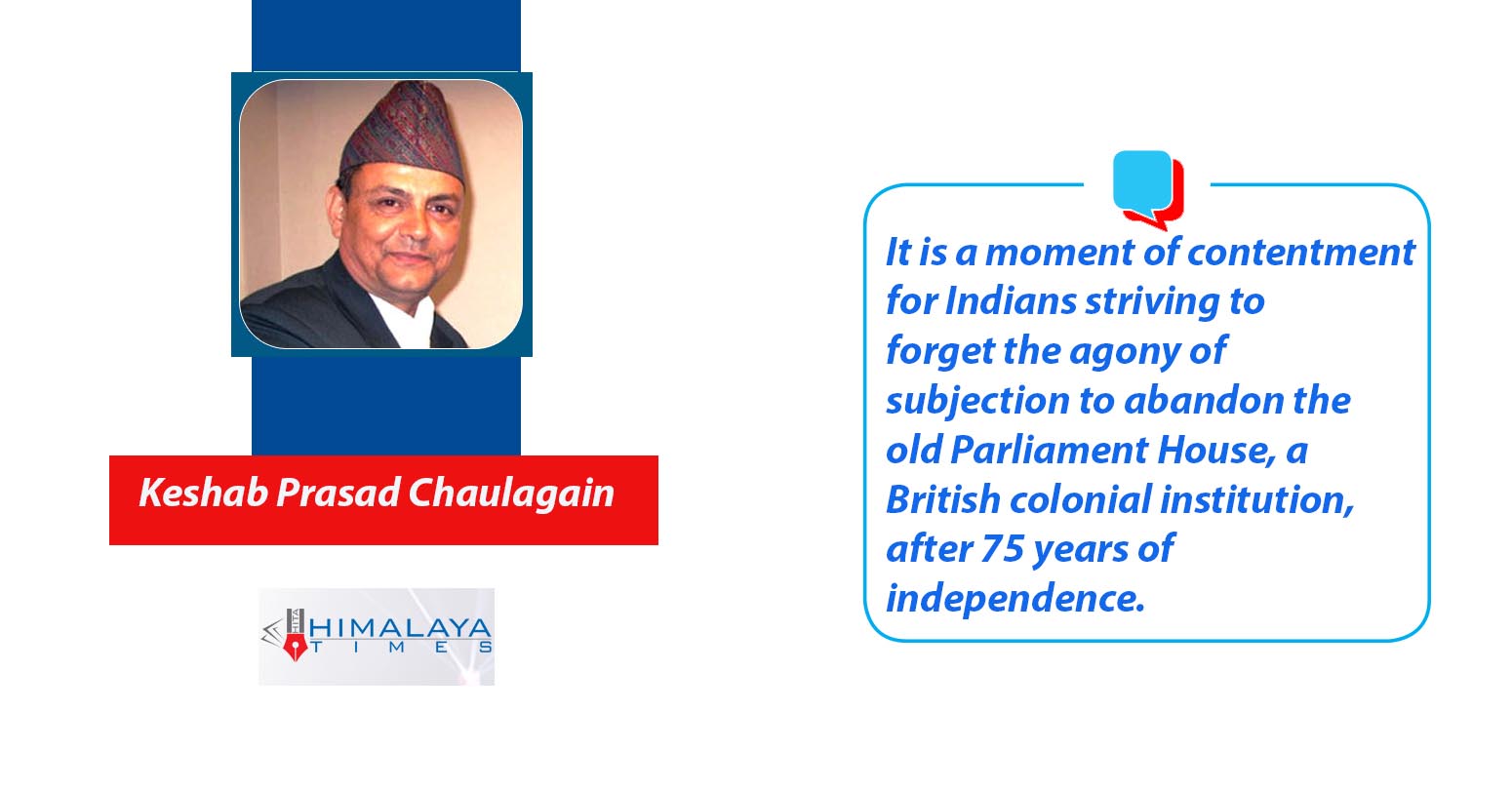
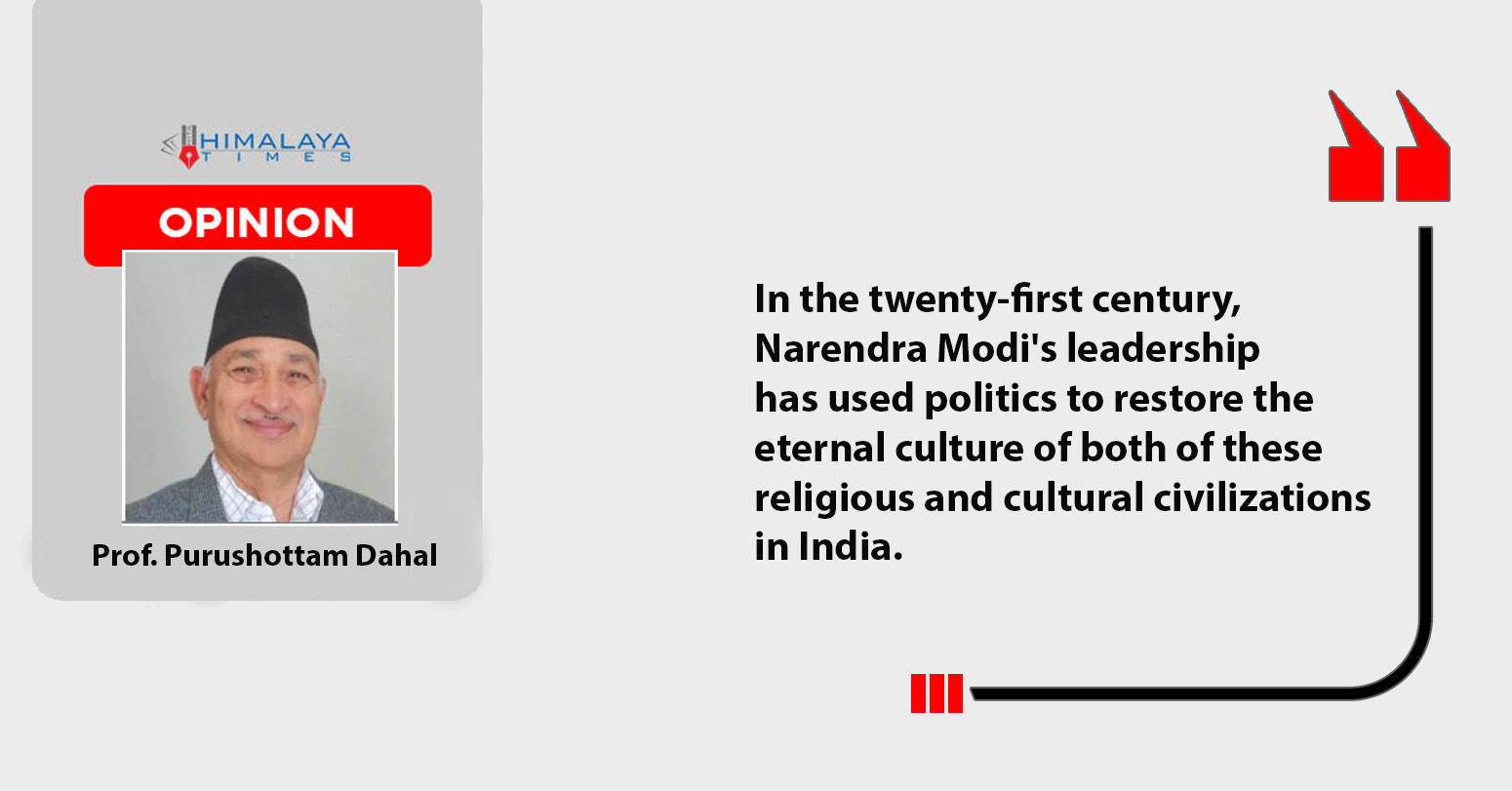
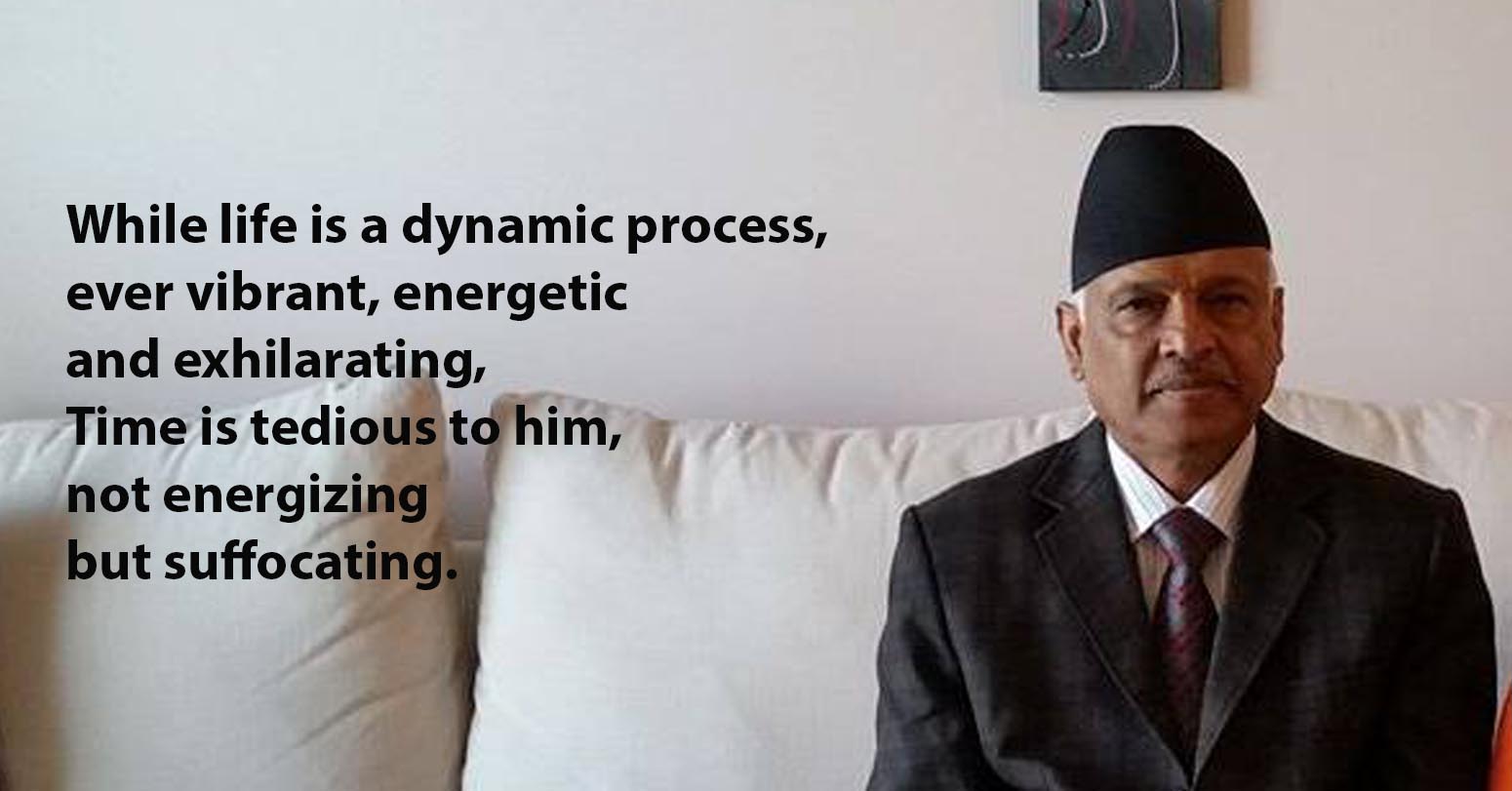
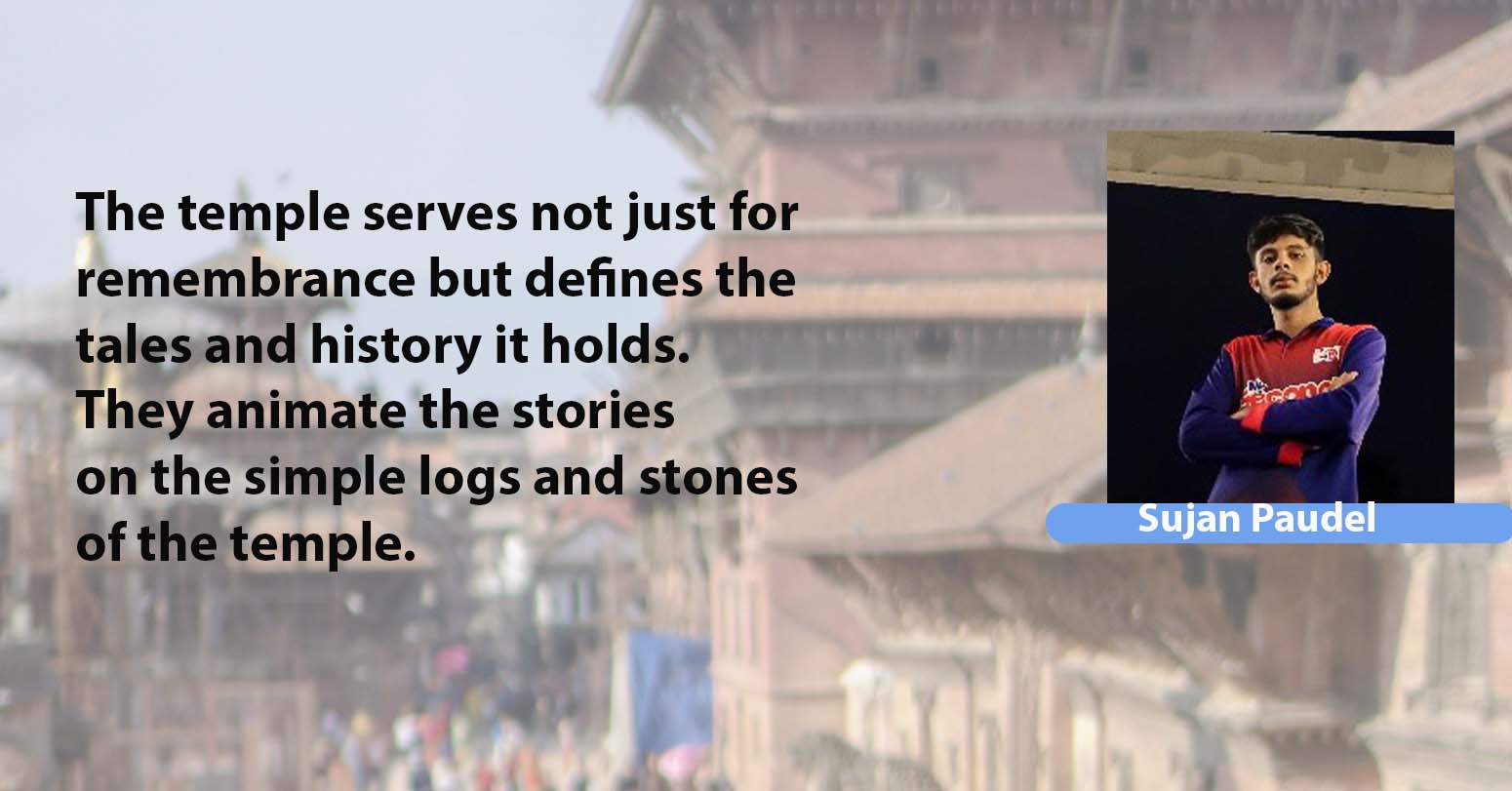
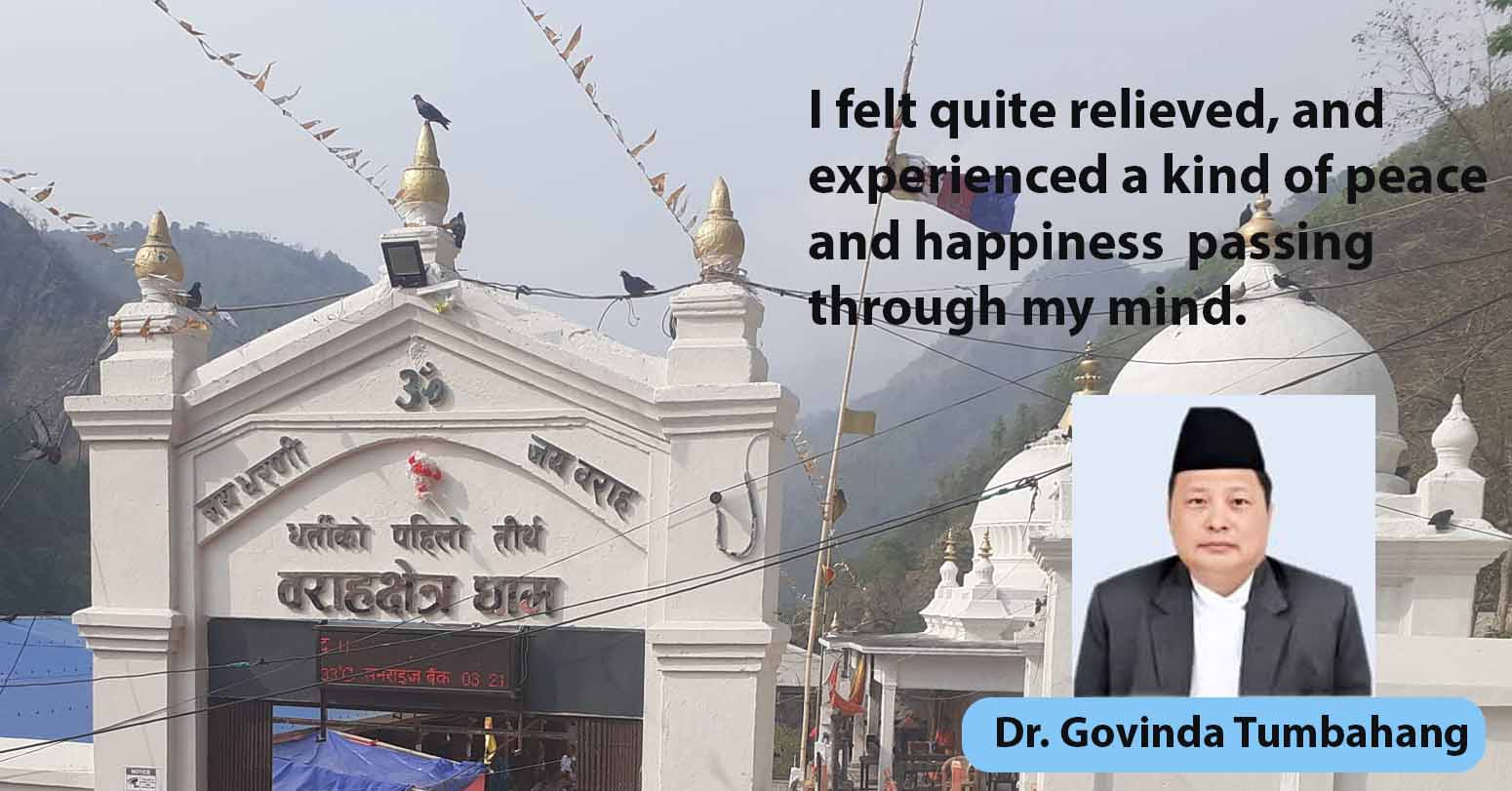
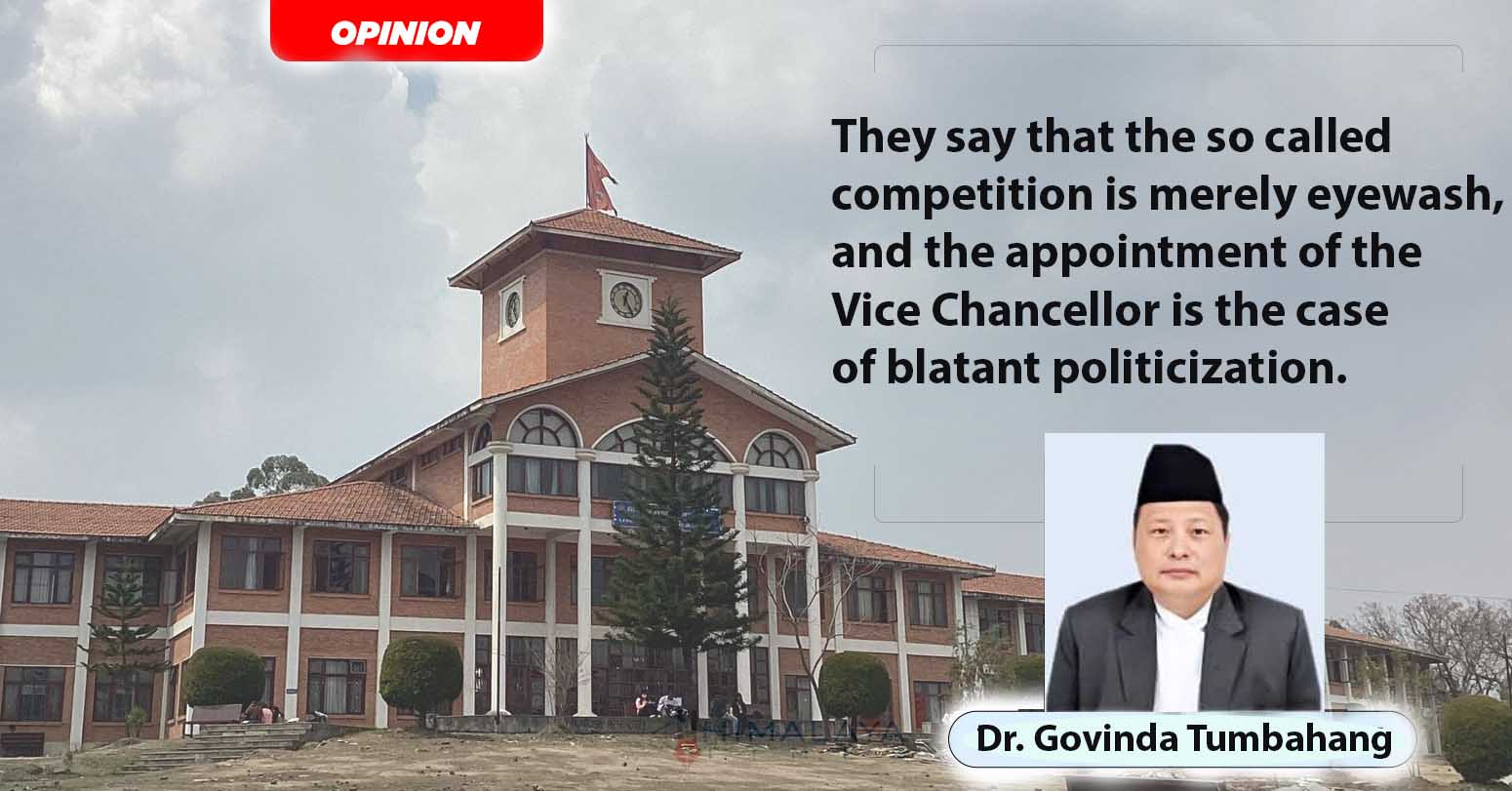
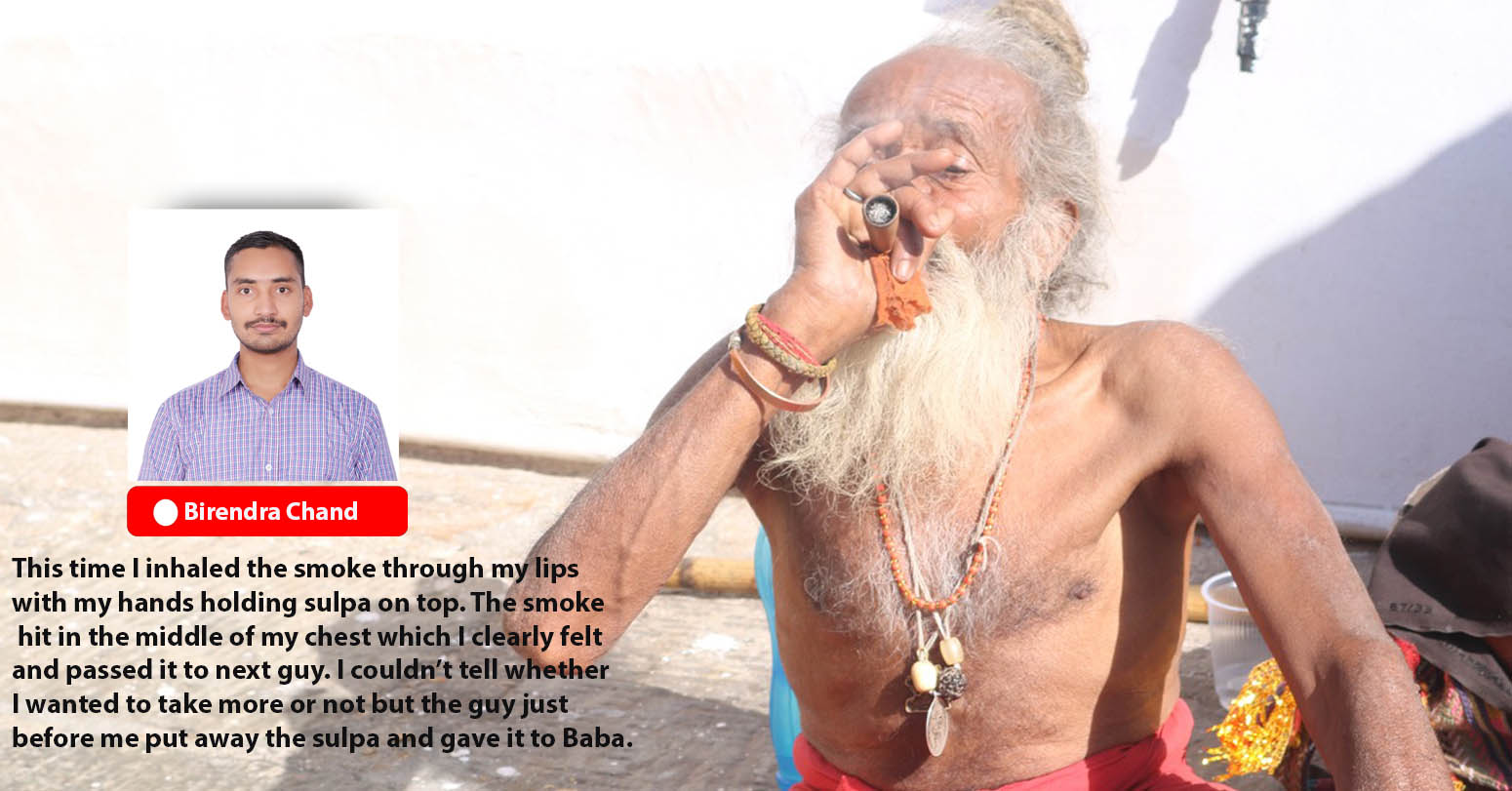
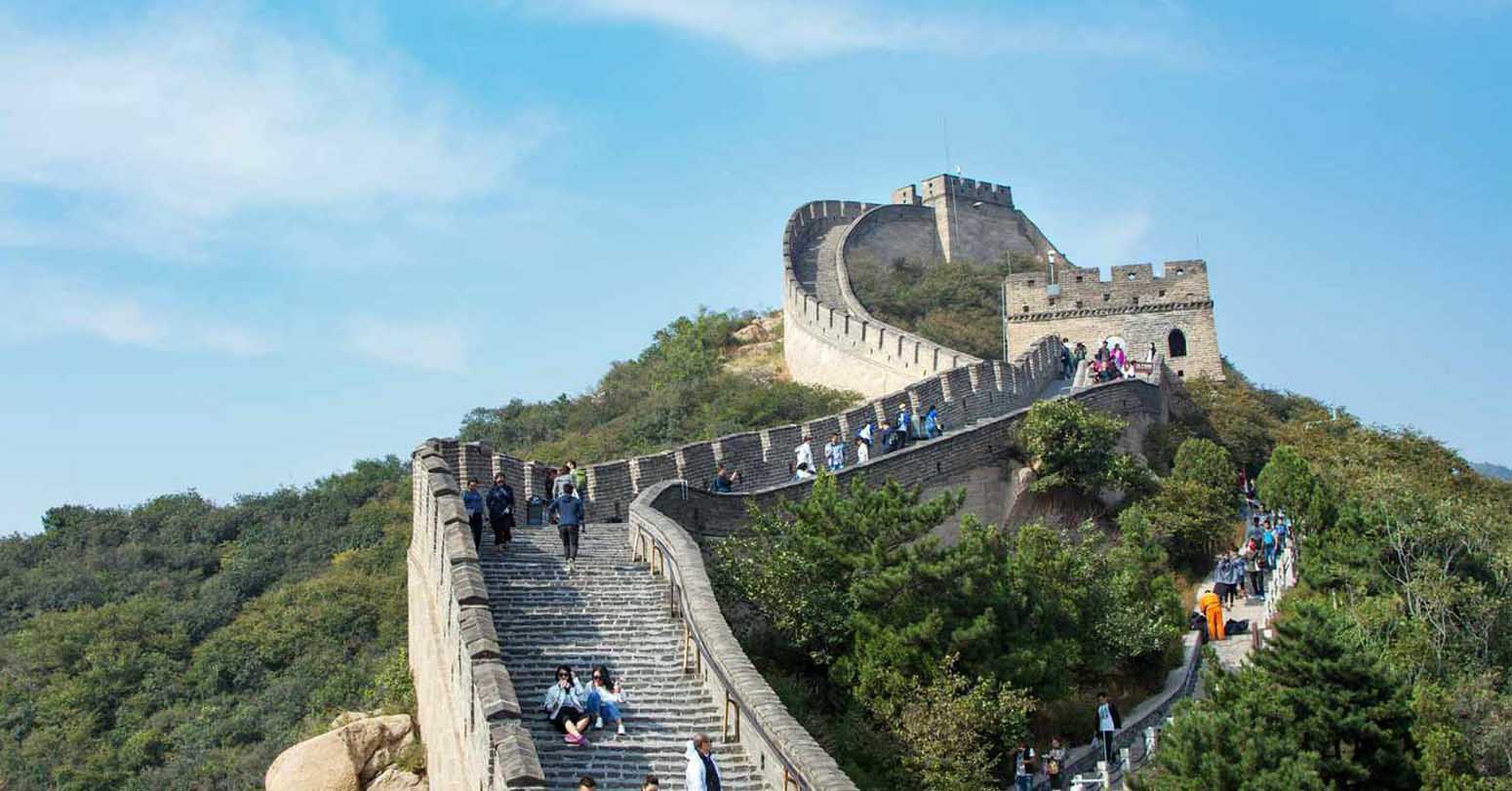
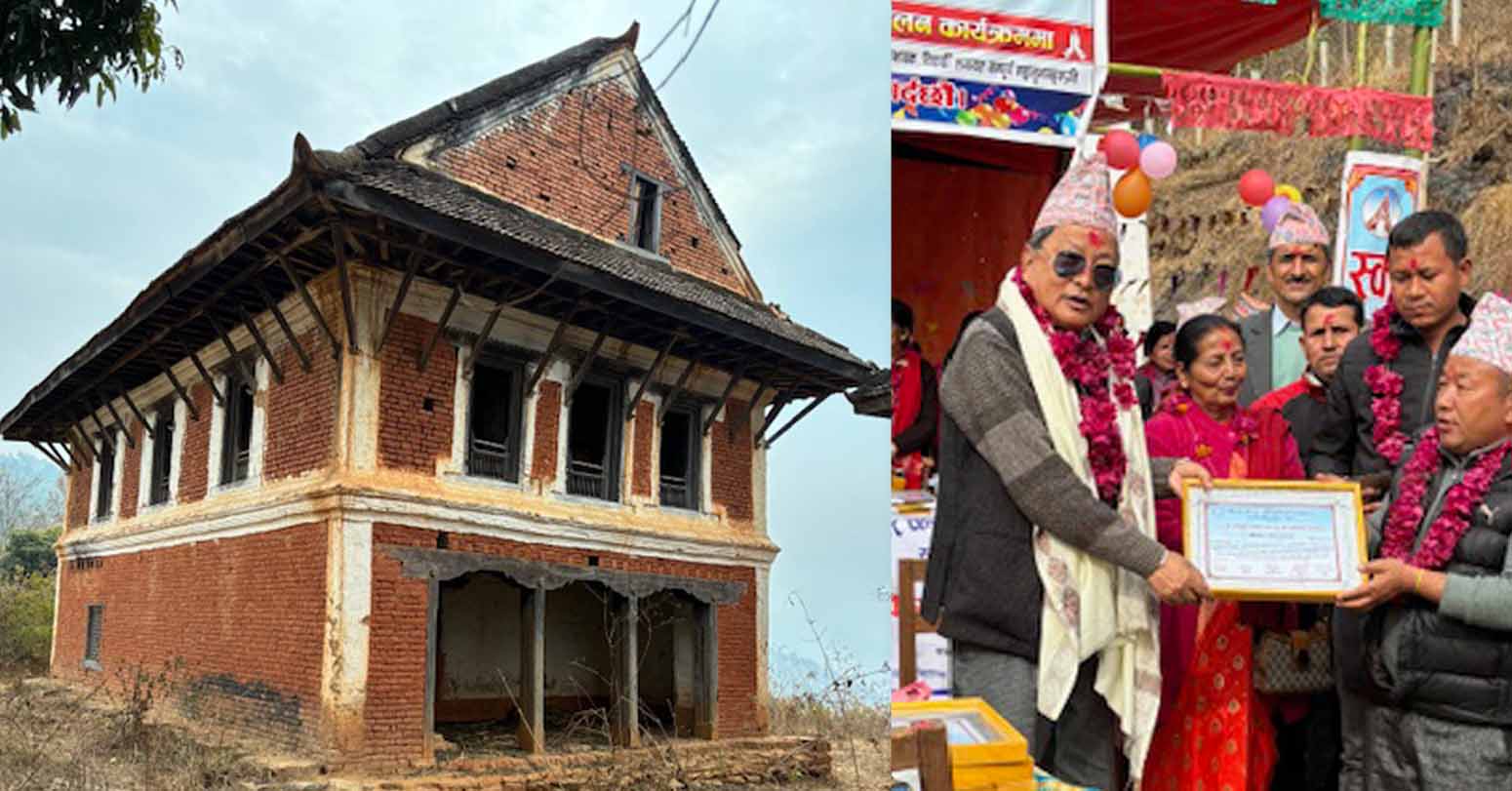

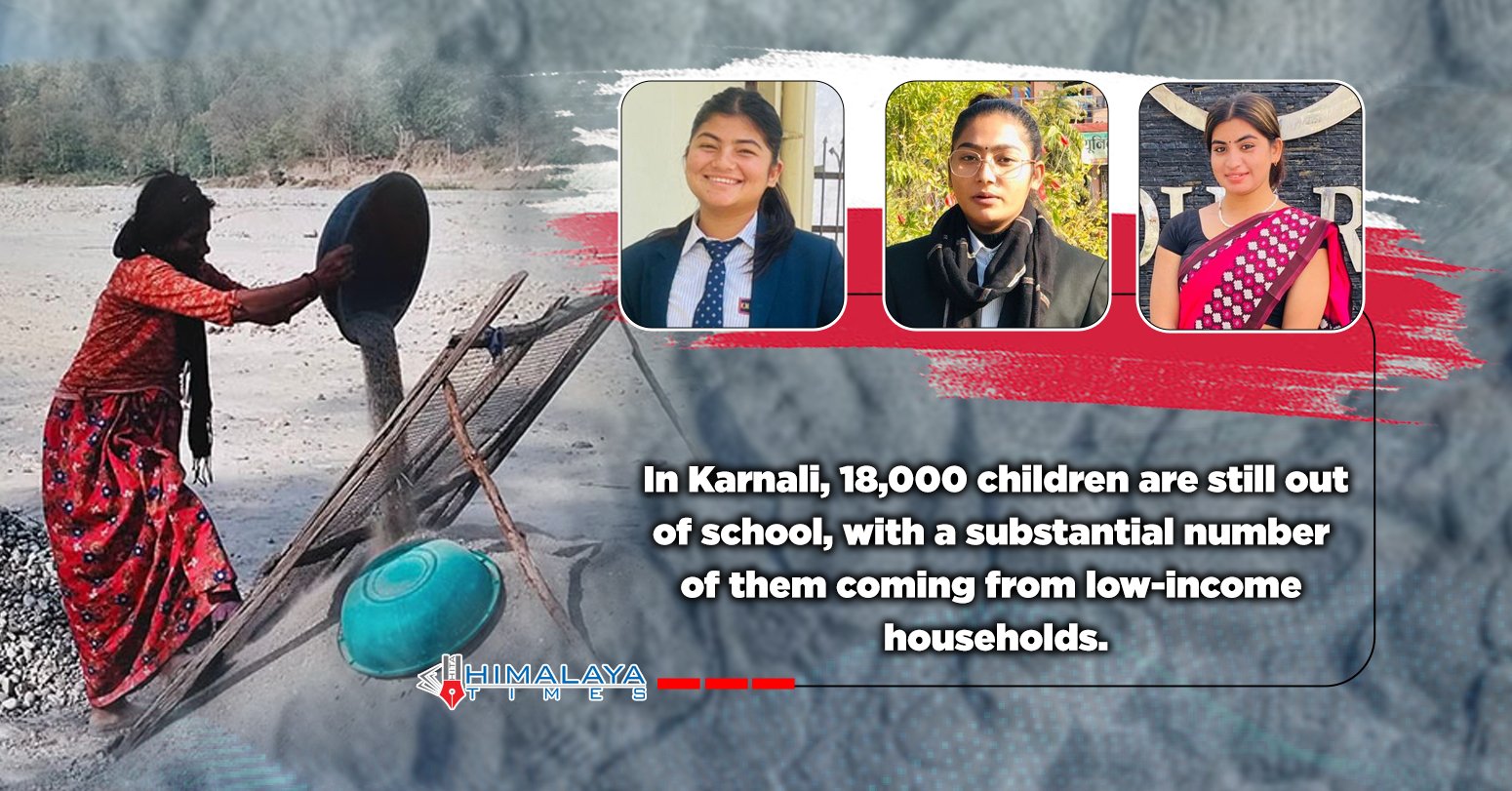
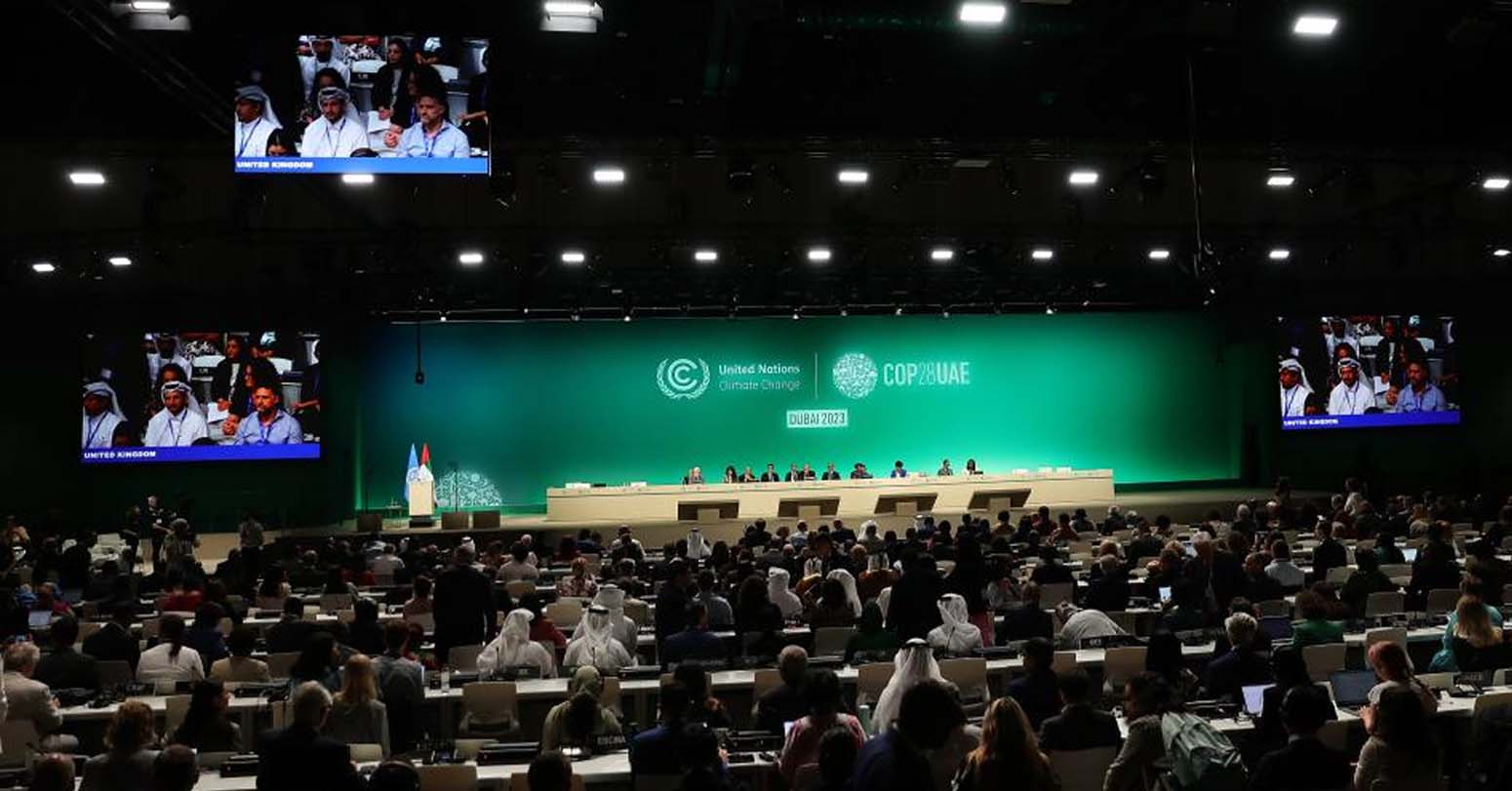
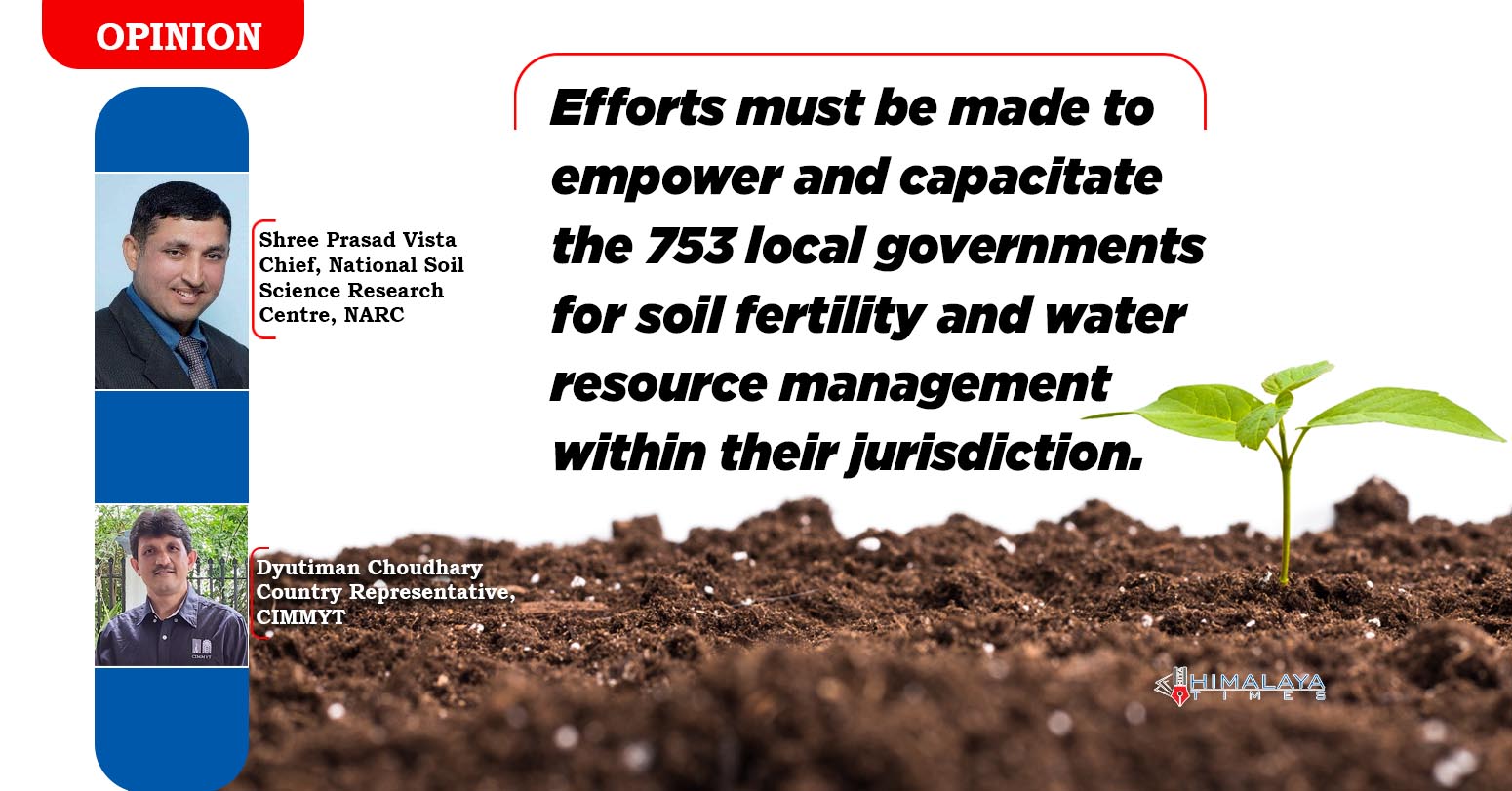
Comprehensive Data Protection Law Critically
Gender Differences In Mental Healthcare
Messi Wins Best FIFA Men’s
Erosion of Democracy
Fly Dubai Catches Fire in
“Complexities of the South Asian